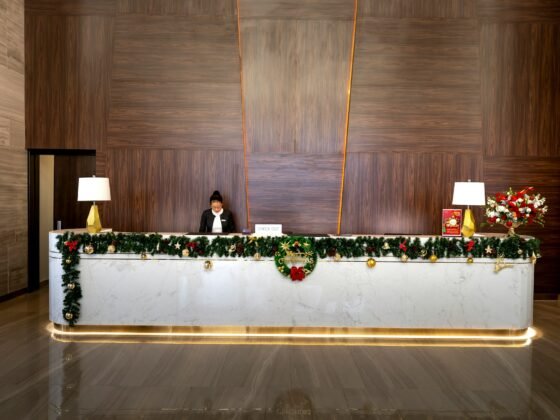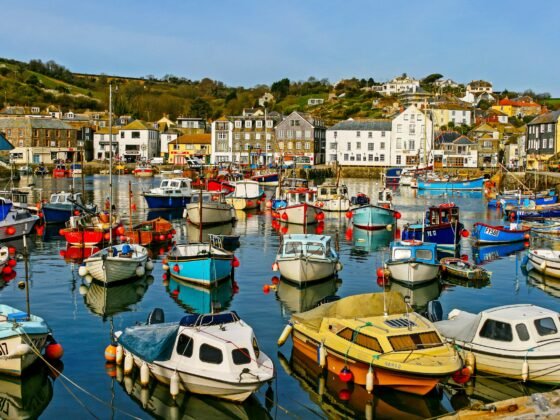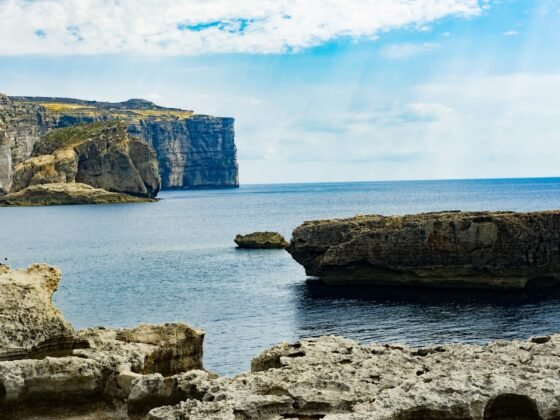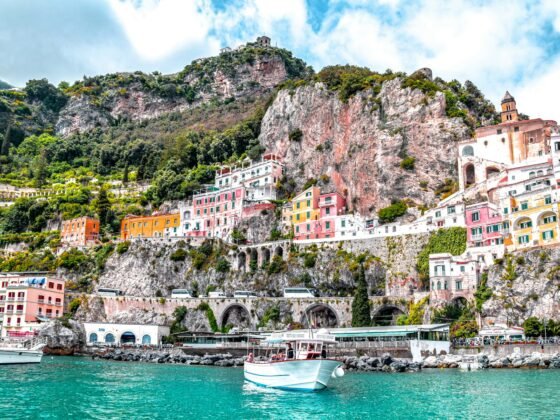
Types of private schools in Spain
Private schools in Spain are very popular and are an alternative to public and Catholic schools. Parents who send their child to a private school usually pursue different goals: to give him or her a better language education and a better education, to prepare in advance for subsequent entrance to universities in other countries, to continue studies according to the program of the native country after moving to Spain, to give the opportunity to study in classes with a small number of students, etc.
There are private schools in all regions of the country, but the majority of private international colleges are concentrated in Madrid and in the provinces along the Mediterranean coast of Spain – where the largest number of foreigners live. Many private schools are associated with sports clubs and academies: for example, soccer or tennis.
Private schools in Spain come in several types:
- Spanish private schools, where the main language is Spanish and/or the language of the autonomy. In addition to the main languages, at least two foreign languages are included. As a rule, it is English, German or French, and recently Chinese is gaining popularity.
- Bilingual schools, where teaching is conducted in two languages: Spanish and a foreign language.
- Foreign schools, in which the teaching is conducted in a foreign language, and the entire educational process is based primarily on the curriculum of other countries.
- All private schools in Spain, regardless of their type, must be accredited by the Ministry of Education, which grants them the right to issue an official diploma. Foreign private schools are also accredited by the country whose curriculum they follow. As a consequence, foreign school graduates often obtain two diplomas at once: Spanish and foreign.
Study Advantages
- At secondary schools in Spain you can find the most popular world preparation programs – GCSE, A-level, High School Diploma USA and International Baccalaureate. Teaching at international schools is in English, but students additionally learn Spanish and optionally another European language.
- Another plus of studying at school in Spain is good sports training, especially in soccer and tennis. The progress of your child in sports will be evaluated by the Admissions Committee when transferring to another school or admission to high school.
- High school in Spain – a great alternative for those who want to get a good school education. With an equal level of preparation, it is closer than a school in America, and the climate is much nicer than in the UK.
The peculiarities of Spanish schooling
Specifics of Spanish schooling:
- The school year in Spain lasts from mid-September to mid-June. It is divided into trimesters of approximately 11 weeks.
- There are summer, Christmas and Easter vacations. In some provinces, children have an additional mini-vacation of 23 days.
- High school students sometimes have 2 additional weeks of summer vacation, which are set aside for an organized trip by the whole class.
- Vacation dates in Spanish schools are usually published in advance so that parents can plan trips and vacations in advance.
- One class lasts 45-60 minutes.
- Classes start at 9 a.m., some at 8 a.m., and end at 4 p.m. If schools waive the lunch break, which is at 12 noon, then classes are until 2 p.m.
- Some schools have after-school or extracurricular activities that end at 5 or 6 p.m.
- The timetable of the school day differs from school to school, but usually includes two long breaks for children to “eat” and rest.
- Parents must pay extra for the school cafeteria and for the purchase of textbooks.
- Students are graded on a ten-point scale.
- Every two years the composition of school classes change, students in parallel “mix” – it is believed that so the children will begin to appreciate the friendships and old acquaintances and learn to adapt faster in a new team, and in general, will be more resilient to changes in life.
- In the first years of junior high school in Spain, there is only one teacher, the class teacher. He teaches children math, language, science, music and other subjects. In high school, the number of subjects and teachers, of course, increases.
- Some schools provide a school bus.
- Children are not allowed to miss classes without a reason, unless the children have a doctor’s appointment. But even in this case, it is necessary to warn the teacher in advance.
- Teachers, class teachers and principals are determined to develop the pupil’s personality in a comprehensive way and in no way put pressure on him/her. The goal is to make sure that the student grows up to be a happy and confident person, not intimidated. In Spanish classes there is no division into “nerds” and “bullies”, the team has a friendly atmosphere.
- For a fight a child can immediately be expelled from school.
How much does it cost to attend a private school in Spain?
Tuition depends on the prestige of the school and its location, but in general it is lower compared to private schools in northern Europe and the United States. It can range from 500-700 euros to 1000-2000 euros per month. The price usually does not include registration fees, books, extracurricular activities, excursions, meals, and the school bus.
Education in American, British and international private schools is considered the most expensive in Spain. The cost can be as high as 15,000 euros per academic year. The price includes meals, but does not include accommodation.
It should be noted that the cost may also differ from year to year: high school tuition will be more expensive than elementary school tuition.
List of documents
If talk about public schools, an important document for admission is – the school registration. To get it, it is necessary to apply to the local education center in the place of residence in Spain.
At the office, you must fill out a school admission document, where you must specify one or more educational institutions in your place of residence (so familiarize yourself with each in advance).
You should also have with you:
- Two 3 x 4 cm photographs
- Original and copies of passports for parents and child
- Original and copy of child’s birth certificate
- Copy of parents’ N.I.E.
- Vaccination schedule certified by a Spanish pediatrician
After that, you will receive an e-mail from the Directorate of Education, with information about the placement of the child in school.
Printed version of this letter should be taken to the school, along with photos and documents of the child. It is also necessary to pay a fee of 5 to 10 euros.
Sometimes public schools may require a transcript from the previous school, but this is not compulsory.











